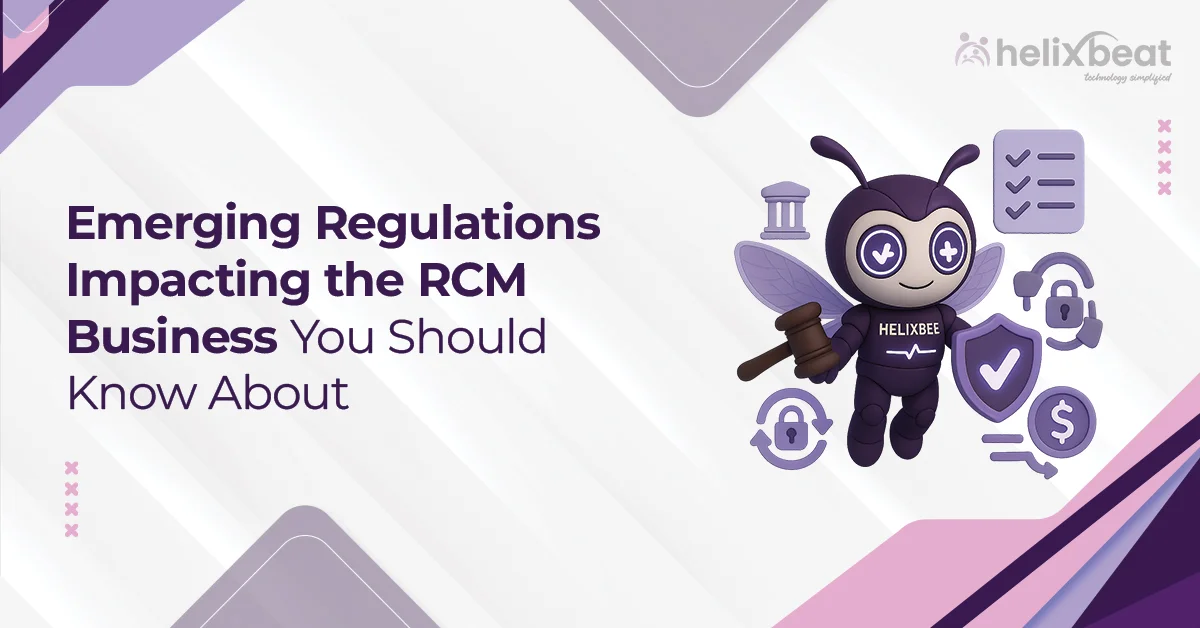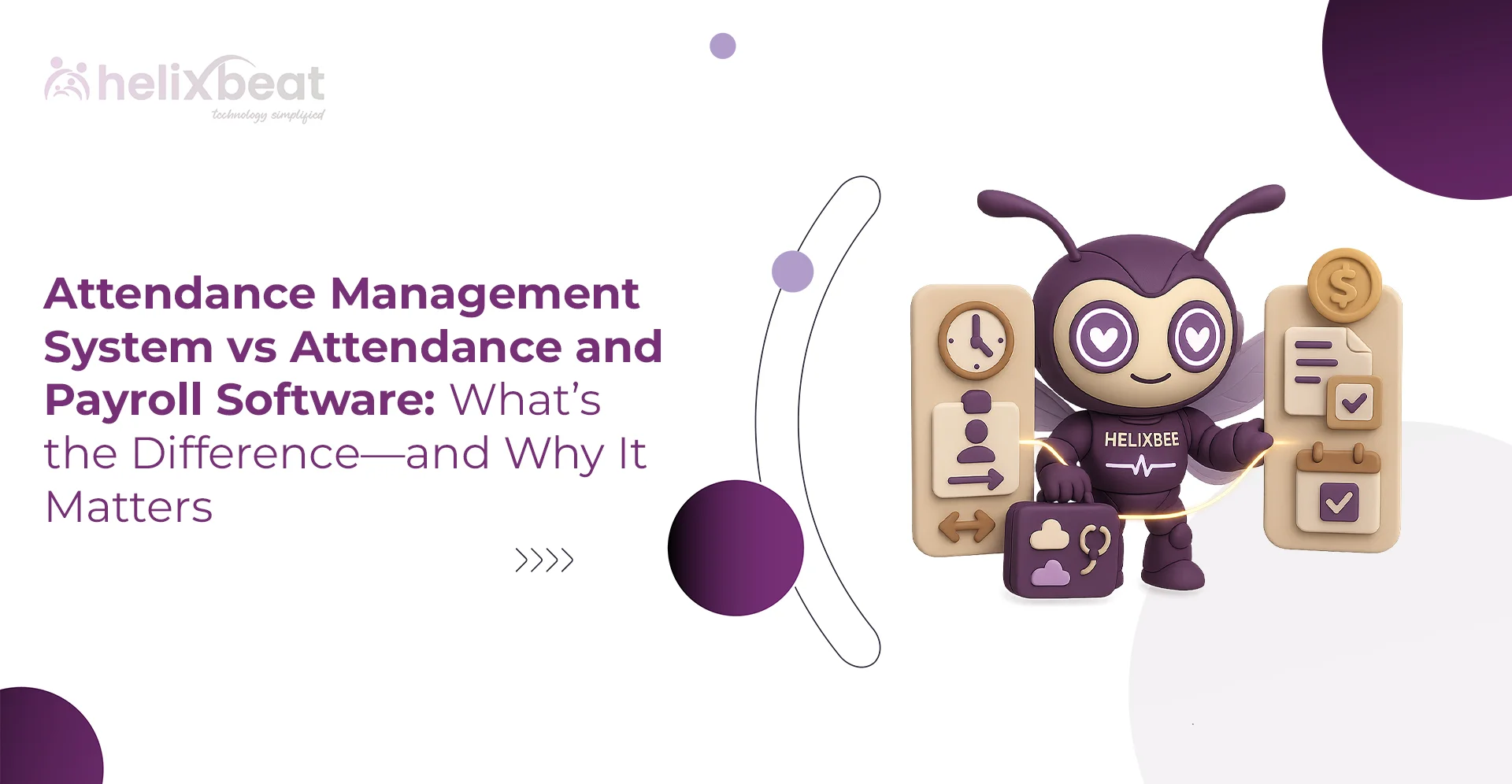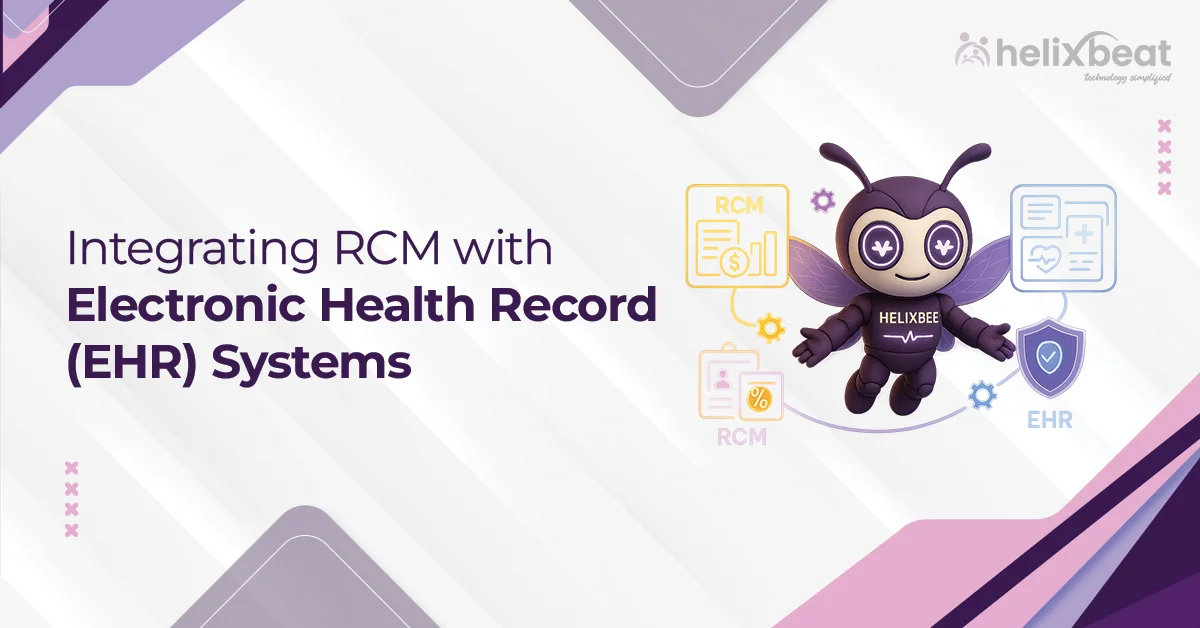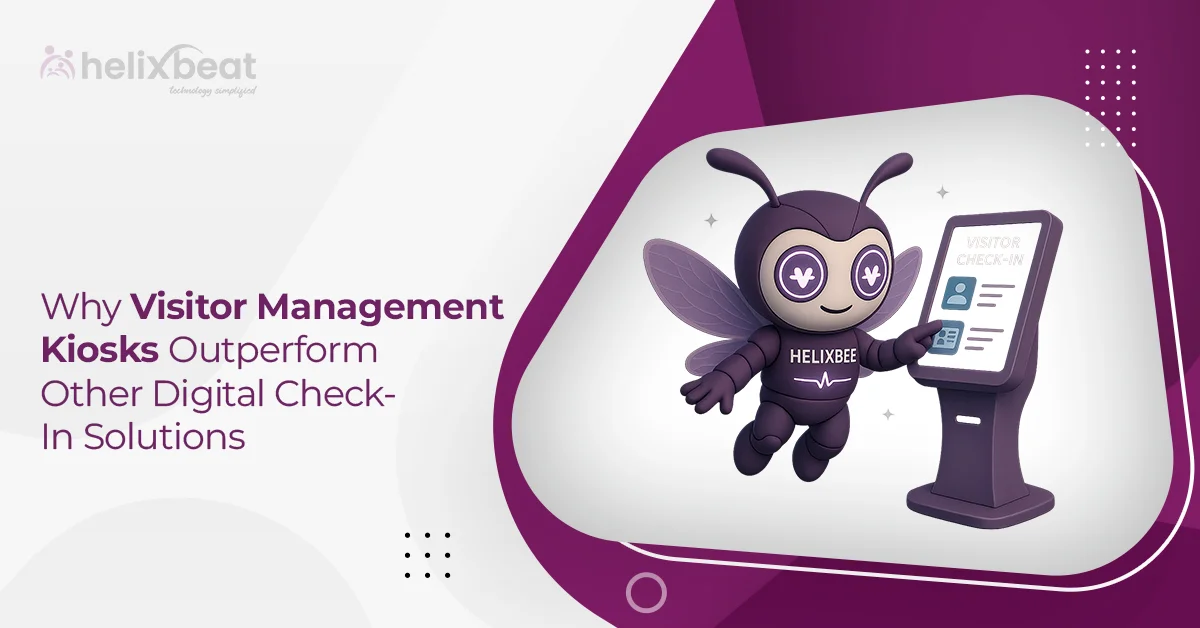Did you know that 21% of mobile apps are uninstalled after just one use because of issues like crashes, poor performance, or security problems? In current competitive app market, a bad user experience can quickly lead to failure. Mobile app testing services are essential to avoid this.
Without proper testing, your app can have issues like slow performance, crashes, or security breaches. And, these problems lead your users away and damage your brand’s reputation.
The solution lies in Mobile app testing, a process that makes sure your app works smoothly and performs well. Both mobile app automation testing and security testing of mobile apps help you keeps against threats.
Let’s discuss why mobile app testing is crucial before any app launch and how it helps your app perform flawlessly from the start.

Table of Contents
Different Types of Mobile Apps
Mobile apps come in various forms, each designed to meet different user needs and preferences. Here are the main types of mobile apps:
1. Native Apps
Native apps are built specifically for one platform, like iOS or Android, using the platform’s native programming language (Swift for iOS, Kotlin for Android). They are fast, reliable, and offer the best performance since they have direct access to device hardware and features like the camera, GPS, and sensors.
However, native apps require separate development for each platform, which can increase costs and time.
2. Hybrid Apps
Hybrid apps combine elements of both native and web apps. They are built using web technologies like HTML, CSS, and JavaScript, but are wrapped in a native container that allows them to be installed on a device. These apps are easier to develop and maintain compared to native apps, but may not perform as smoothly or access device features as efficiently.
Hybrid apps are a good option when you need to launch across multiple platforms quickly.
3. Web Apps
Web apps are not downloaded from app stores. They are websites optimized for mobile use and accessed through a browser. They don’t have the same functionality as native or hybrid apps, as they can’t access most device features directly. However, they are easy to update and cost-effective to develop.
Web apps are a good choice when you want to provide basic functionality or services without the complexity of native apps.
4. Progressive Web Apps (PWAs)
Progressive Web Apps (PWAs) combine the best features of web and native apps. They can be accessed via a web browser but can work offline, load quickly, and send push notifications, just like native apps. PWAs are a cost-effective option because they don’t need to be developed separately for iOS and Android.
They also provide an excellent user experience and are becoming more popular for businesses that want to reach users on multiple platforms with a single app.
What Are the Ways to Test Mobile Apps?
Testing your mobile app thoroughly is crucial for ensuring that it works as intended, provides a seamless user experience, and is free from security flaws. Various testing methods help developers identify and fix issues before launch. Here are the key ways to test mobile apps:
1. Functional Testing
Functional testing ensures that the app works as expected based on its requirements. This type of testing checks each feature of the app to verify that it performs the correct function.
For example, if your app includes a login screen, functional testing will verify that the username and password fields work, and that users can successfully log in.
This testing focuses on the app’s user interface (UI) and how each feature interacts with others.
2. Performance Testing
Performance testing checks how well your app performs under various conditions, such as high traffic, low battery, or varying network speeds. This includes mobile app performance testing to see how the app reacts during peak usage times and whether it can handle large amounts of data.
Performance testing ensures your app runs smoothly without crashes, delays, or lags, which is critical for user satisfaction.
3. Security Testing
Security testing of mobile apps is essential to protect user data and prevent unauthorized access. This testing focuses on identifying vulnerabilities that hackers, such as weak encryption, insecure data storage, and faulty login procedures could exploit.
Security testing ensures that sensitive information, like passwords and personal data, is kept safe and secure, helping to build trust with users.
4. Usability Testing
Usability testing assesses how user-friendly your app is. It focuses on the design and overall user experience (UX) to ensure that users can navigate the app intuitively. Testers observe users interacting with the app to identify potential pain points, confusing elements, or features that are difficult to use.
This type of testing helps optimize the app’s interface and ensures it meets user expectations for ease of use.
Why Mobile App Testing is Important Before Launch
Testing your mobile app before launching it is crucial to ensure that it works well, is secure, and provides a positive experience for users. Here are the key reasons why mobile app testing is a must before you release your app:
1. Ensures a Smooth User Experience
A smooth and enjoyable user experience is key to the success of your app. According to Statista, 21% of apps are uninstalled after just one use due to poor performance or usability issues. Mobile app testing helps identify problems like slow loading times, broken features, or confusing navigation.
By fixing these problems before launch, you ensure that users have a seamless experience, leading to better reviews and higher user retention.
2. Identifies and Fixes Bugs Early
Bugs and glitches are common in mobile apps, but they can frustrate users if not caught early. In fact, 49% of users will stop using an app if it crashes frequently.
Mobile app testing allows you to identify and fix bugs, such as crashes or unresponsive buttons, before your app reaches the public. This helps in delivering a polished and reliable app that users can trust.
3. Improves App Performance
Performance is crucial, especially if your app experiences high traffic or needs to work in different network conditions. A study by Akamai found that 32% of users will abandon an app if it takes more than 3 seconds to load. Mobile app performance testing ensures your app functions smoothly, even under heavy load.
Testing helps you optimize the app’s speed, responsiveness, and battery usage, providing a better experience for users.
4. Enhances App Security
Security is a top concern for users, especially when it comes to personal information. Checkmarx’s Mobile App Security Report found that 60% of mobile apps have at least one serious vulnerability. Testing helps uncover vulnerabilities, such as weak encryption or insecure data storage.
Security testing of mobile apps ensures that your app protects user data, builds trust, and reduces the risk of security breaches that could damage your reputation.
5. Ensures Compatibility Across Devices
Mobile apps are used on a wide variety of devices, from different screen sizes to various operating systems. According to Google, 48% of users prefer to use apps on multiple devices. Mobile app testing services check the compatibility of your app across multiple devices and platforms (iOS and Android).
This ensures that your app works properly on all devices, making it accessible to a wider audience.
Factors to Consider Before Choosing Mobile App Testing Services
Choosing the right mobile app testing services is crucial to ensure your app meets the highest standards of quality, performance, and security. Here are the key factors to consider before making your decision:
1. Experience and Expertise: Look for a service provider with a proven track record in testing mobile apps similar to yours, especially if you’re targeting specific platforms like iOS or Android.
2. Comprehensive Testing Methods: Ensure that the provider offers a range of testing services, including mobile app performance testing, security testing, and mobile automation testing, to cover all potential issues.
3. Tools and Technologies Used: Choose a provider that uses up-to-date tools and technologies to ensure efficient and effective testing across all devices and platforms.
4. Customization and Flexibility: Your app may have unique needs, so it’s important to work with a testing service that offers tailored solutions and can adapt their approach to your specific requirements.
Choose Helixbeat’s Mobile App Testing Service
Helixbeat provides complete mobile app testing services to guarantee your app is ready for launch. Our team uses the latest tools and technologies to deliver efficient, accurate results, making sure your app functions smoothly across various platforms and devices.
Why choose Helixbeat for your mobile app testing needs?
- Expert Team: Our experienced testers specialize in mobile app testing, ensuring high-quality results.
- Comprehensive Testing: We cover all aspects, from performance to security, to guarantee a flawless app.
- Advanced Tools: We use the latest testing tools to provide precise and thorough assessments.
- Customized Solutions: We offer customized testing plans that suit your app’s unique requirements and business goals.
At Helixbeat, we prioritize quality and reliability, making sure your app is free from bugs and issues. Choose us to improve your app’s performance, security, and overall user experience. Get in touch with us now.
FAQ
1. Why is Mobile App Testing Service Important?
Mobile app testing ensures your app functions correctly across devices and platforms. It helps identify bugs, improve performance, and secure user data, leading to a better user experience, higher retention, and a successful launch.
2. Which is the Best Mobile App Testing Service in India?
Helixbeat is a top choice for mobile app testing in India, offering comprehensive services like performance testing, automation testing, and security testing. Their expertise and use of advanced tools ensure high-quality, tailored solutions for every app.
3. What is the Impact of Mobile App Testing Services?
Mobile app testing ensures a seamless user experience, reduces bugs, enhances performance, and protects data. It leads to better reviews, higher downloads, and improved customer satisfaction, ultimately contributing to the app’s success.
4. How Can I Test My Mobile App?
Test your mobile app using a mix of manual and automated testing. Use automation tools for efficiency, performance testing for load handling, and security checks to protect user data. Ensure compatibility across different devices and platforms.
5. How to Test Mobile App API?
To test a mobile app’s API, perform functional tests, load tests, security checks, and error handling. Tools like Postman or SoapUI can help automate API testing, ensuring reliability and security.














